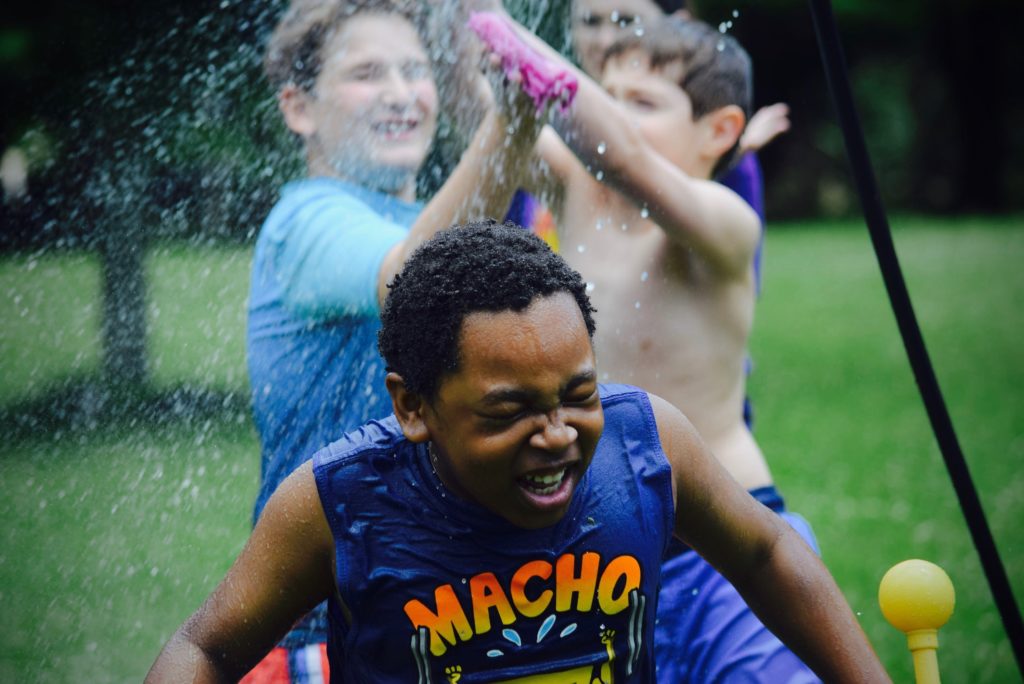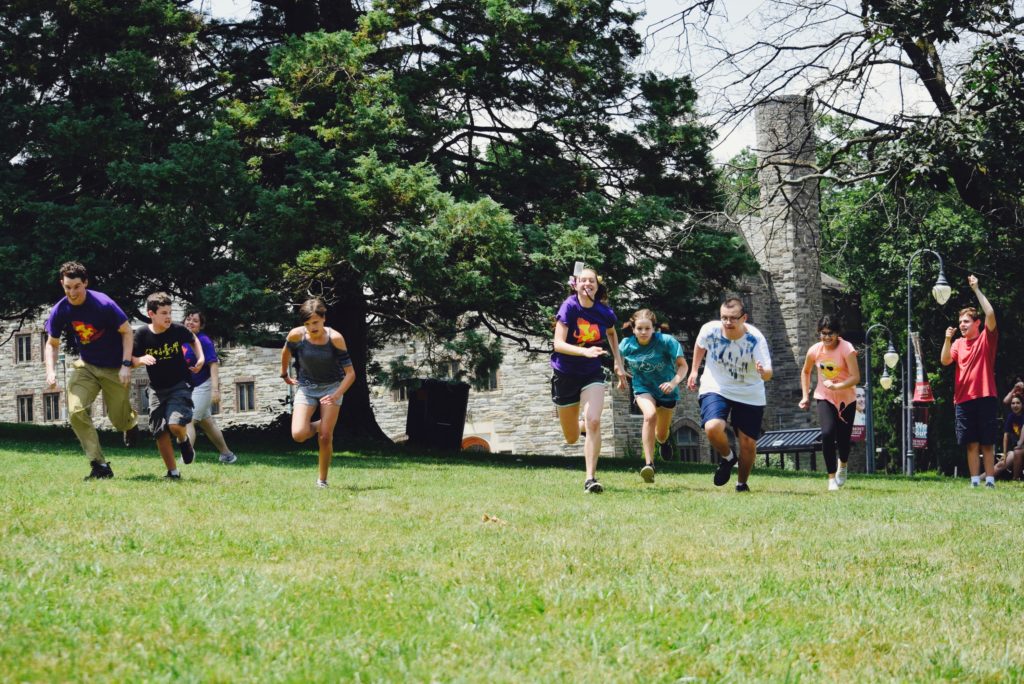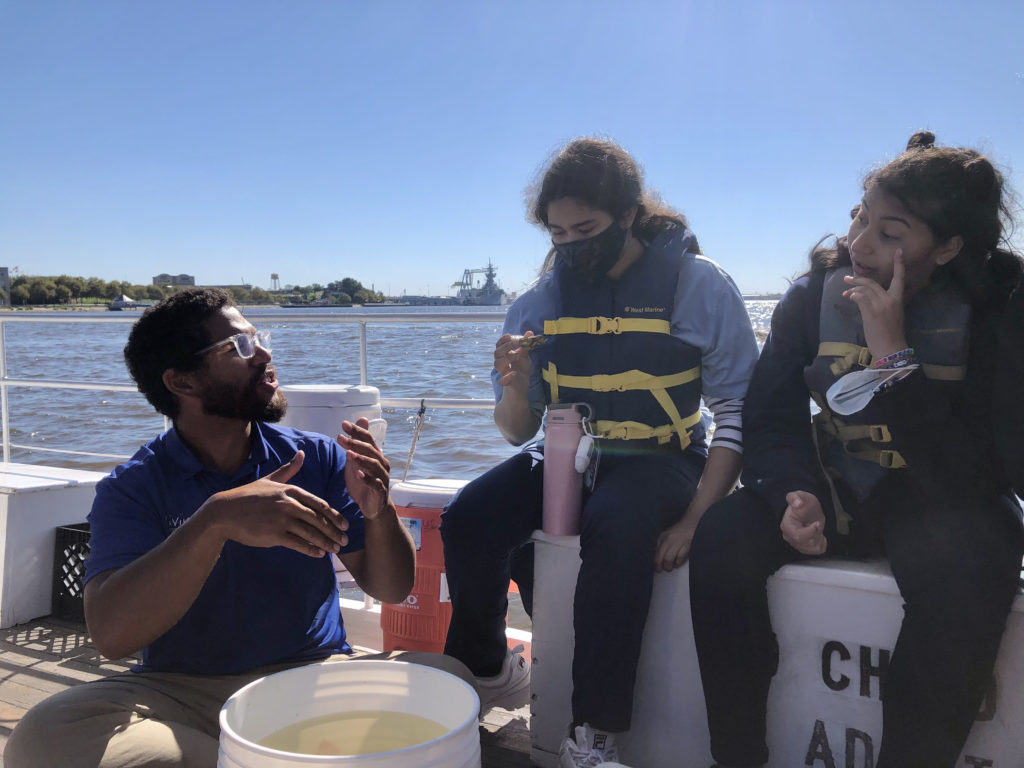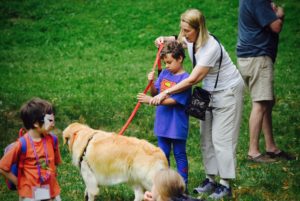
As the chilly winds of winter blow through the mid-Atlantic region, many of us long for the sunny days of summer. For our kids, it’s not only the warmer weather that boosts summer’s appeal. They look forward to swapping school days for pool days at summer camp.
Attending summer camps has long been a part of the quintessential childhood experience. And happily, the variety of summer camps available in our region are as varied as our children’s interests, offering everything from outdoor adventures and musical theater to coding, art and cooking-focused camps. Children reap a host of benefits from attending such camps, such as learning new skills, developing a new hobby and making new friends.
The Summer Camp Search
Children with special needs, too, can find summer camp to be an especially valuable experience. Sometimes, however, finding an inclusive environment that supports your child’s unique needs requires some searching.
“I found that summer was a time of great struggle for the children I worked with in the therapy office,” says Mike Fogel, MA, ATR-BC, LPC. Fogel is an art therapist with 27 years of clinical experience who also founded and serves as executive director of Camp Pegasus, a day camp located in Bryn Mawr, Pennsylvania, that focuses on social skills training. “Kids would get kicked out of camp because it wasn’t a good fit, or they had power struggles with parents because they were anxious and didn’t want to go to camp. For many of these kids, camp felt overwhelming to them because it wasn’t tailored to their needs.”
The community need prompted Fogel to found Camp Pegasus, which celebrates its 10th anniversary this year.

Kelly Presnell, outreach and inclusion director for the YMCA of Frederick County, found a similar lack of resources in her community.
“We started Kids Unlimited in 2009 at the request of a parent who could not find appropriate camp experiences for her son. A lot of the camps that this parent looked into didn’t have the support system or weren’t able to make accommodations necessary to serve all kids,” she says. “We believe that every kid should be able to go to summer camp, so we spent a year researching and planning to create Kids Unlimited.”
Inclusive Fun!
Many of the inclusive summer camps in the region offer an effective combination of classic summer camp fun infused with social and life skills training.
“At Camp Pegasus, campers engage in sports, theater, computer play, art therapy, music therapy, dance-movement therapy and more,” says Fogel. “These activities provide the structure to support how kids interact. But we layer in an intensive therapy piece, which barely registers as therapy because the kids are having so much fun.”
Camp Pegasus offers key supports to ease campers’ anxieties, such as providing the day’s schedule on a lanyard that campers wear around their necks. Plus, many staff members have advanced degrees in behavioral health, and the camp maintains a low staff-to-camper ratio.
A low staff ratio is also a key component of TIC Summer Camp, an inclusive day camp with three locations in the Washington, D.C. metro area. TIC Summer Camp seeks to foster the minds and bodies of campers with equal half days of technology and athletics.

“We have a low staff-to-camper ratio; kids with mild learning disabilities can be very successful at TIC,” says Emily Riedel, TIC Summer Camps’ owner and director of operations. “We believe that all children benefit from diversity. That includes neurodiversity but also diversity of race and gender. Because a basic philosophy of inclusiveness guides our camp, we work hard to remove any barriers that would keep kids from participating.”
Working to remove barriers was among the founding goals for the Living Classrooms Foundation, which provides experiential learning programs, including summer camps, for nearly 30,000 youth and adults in 30 sites across Baltimore and Washington, D.C.
“For nearly two decades, Living Classrooms partnered with The Arc and schools to offer Bay Buddies,” says Living Classrooms Foundation President and CEO James Bond. “Bay Buddies was designed to provide fun, hands-on, skill-building opportunities for students with developmental disabilities with activities like sailing, horseback riding and gardening.
“Participants benefit from low staff-to-student ratios, highly qualified staff and an inclusive, welcoming environment.”

Big Benefits
While all kids stand to benefit from a quality camp experience, the benefits for campers with special needs are amplified.
A primary benefit for neurodiverse kids is an opportunity to build their social and life skills.
“At our camp (Kids Unlimited), kids have the opportunity to do a lot of the things they may not be able to do without the support system offered by our staff,” says Presnell. “For example, we foster their independence by taking field trips into the community to restaurants, the pool and a pediatric movement center, to name a few.”
In addition, many of the campers may experience bullying during the school year, so an inclusive summer camp offers a safe space where kids can improve their self-esteem.

“We (at Camp Pegasus) create a culture of positivity and affirmation and a structure in which kids can be successful,” explains Fogel. “We do a special kind of social coaching where we encourage the camper to do the social thinking instead of just telling them what to do. This sort of social training is invaluble for teaching the interpersonal skills the kids will need throughout their lives.”
Max*, an alumnus of Camp Pegasus, has benefitted from this type of instruction.
“Max still uses many of the phrases and lessons he learned during his time at Pegasus,” says his mother. “The camp is also an opportunity for quirky kids to understand that their peers are also struggling with the same things, and sometimes these peers become friends who truly understand each other.”
*Max’s name has been changed to protect his identity per parent/guardian request.







